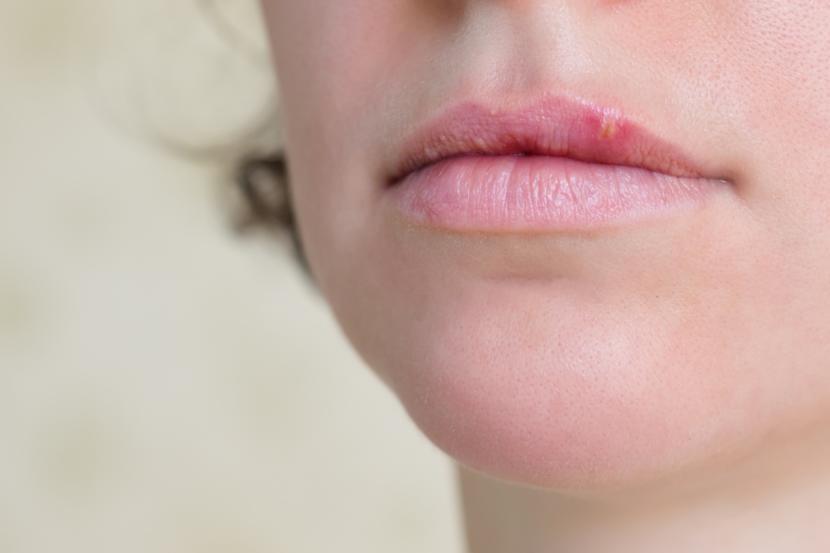Primary Cold Sore Infection: What Is It?

A primary cold sore infection is described as the first time that you are infected with the herpes simplex virus (HSV) that causes cold sores. The most common area affected is the mouth. The reason is that the moist inner skin is not resistant to the virus compared to the normal skin.
Primary (or first) infection is usually seen in childhood and is often caught through kisses from a relative or family member who is a carrier or has an active cold sore. Although primary cold sore infection is worse than recurrent mouth ulcers, some people do not show any symptoms.
Symptoms of Primary Cold Sore Infection
The symptoms of a primary cold sore infection are usually different from the recurring cold sores. Its symptoms include:
- Small blisters on the lips, mouth, gums, tongue, or throat
- Painful blisters
- Painful eating and swallowing
- Swollen and tender neck glands
- Fever
- Body aches
Other people may not experience any symptoms or there could only be one symptom present. The infection will subside and will go within one to three weeks. If the symptoms of primary cold sore infection are not improving after five days, you should consider seeking medical help.
How is a primary cold sore infection treated?
Treatments usually involve:
- Painkillers (ibuprofen or paracetamol) are taken to ease the pain.
- A mouthwash or spray containing benzydamine can be used to reduce the pain from an ulcerated mouth.
- Drink plenty of fluids to prevent dehydration.
- Use choline salicylate gel to reduce pain in the mouth.
- For people who are having a hard time cleaning their teeth due to pain, a chlorhexidine mouthwash may be used instead of brushing. Since you cannot brush your teeth, this mouthwash helps prevent plaque build-up as well as secondary infection from germs.
- For severe symptoms, antiviral medications such as acyclovir are prescribed. Taking antiviral medications during the early stage of the condition may help reduce the pain and speed up the healing process.
General measures for people with primary cold sore infection:
- Minimize the chances of spreading the virus to other people.
- Observe frequent hand washing using a mild soap. Wash your hands after touching the cold sores.
- Do not perform oral sex to people with cold sores or if you have cold sores.
- The only time to touch the sores is when you’re applying medication.
- Do not share personal items such as lip balms that come in contact with the sores.
Recurrent Cold Sores
Cold sores come back, and how often they come back is different from one person to another. Even if the primary infection has already healed, the virus remains dormant (inactive) on the nerve roots. It stays there for as long as a person lives and would not cause any problems. However, the virus can be activated from time to time. When the virus is reactivated, blisters will again develop on the lips or mouth. Recurrent cold sores are not that severe compared to a primary cold sore infection. However, the cold sores may be embarrassing and unpleasant.










